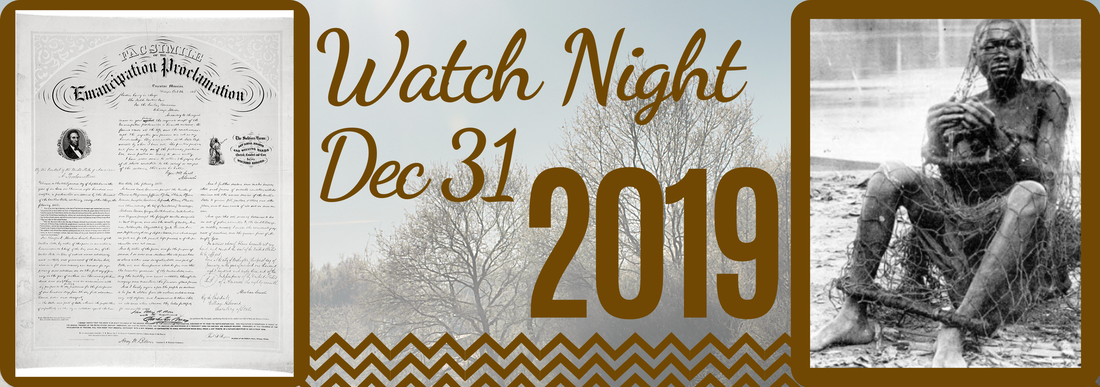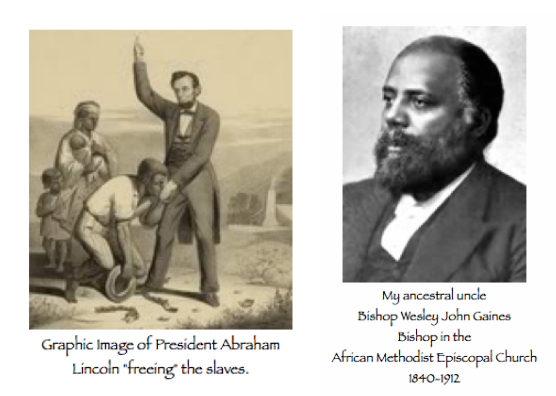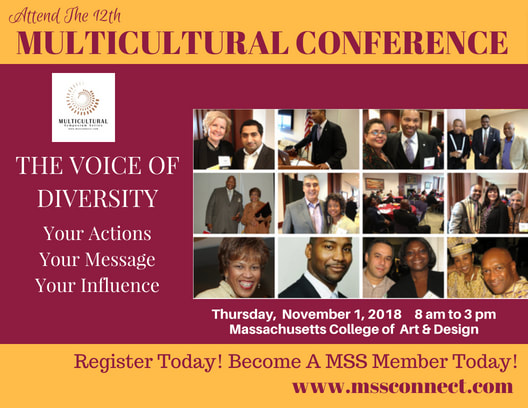|
By Carole Copeland Thomas From my home to yours, I wish you rich blessings into the New Year. Here is a special article I created about the history of Watch Night Service in the African American community. The tradition predated the importance of the famous 1862 Watch Night Services and originated with the Moravians in Germany many years earlier. The first Methodist church in America to celebrate Watch Night in the 1700s was St. George United Methodist Church in Philadelphia, the home church of Bishop Richard Allen, co-founder of the African Methodist Episcopal Church. However, it has become particularly important in the Black Church, with its evolution in the early to mid-1800s. The word evolved from “Freedom’s Eve” to “Watch Night” as the freed and enslaved blacks “watched” the clock strike 12 midnight, turning the course of the Civil War and freeing three million slaves in the states of the rebellion. Wishing You The Best in 2020! Carole Copeland Thomas, MBA CDMP, CITM The History Of Watch Night Services In The Black Church
by Carole Copeland Thomas With the festivities of Christmas, Hanukkah, and Kwanzaa now on full display, there is still time to reflect on the ritual of my ancestors and many other African Americans, whose forefathers sat around campfires and wood stoves in the twilight of December 31, 1862. There they sang spirituals acapella, prayed, and thanked the Good Lord for what was about to happen the next day. In the North, Abolitionists were jubilant that the “peculiar institution” was finally about to get dismantled one plantation at a time. The booklet, Walking Tours of Civil War Boston sites this about this historic event: “On January 1, 1863, large anti-slavery crowds gathered at Boston’s Music Hall and Tremont Temple to await word that President Abraham Lincoln had issued the much-anticipated Emancipation Proclamation (EP). Those present at the Music Hall included Uncle Tom’s Cabin author Harriet Beecher Stowe, poets Henry Wadsworth Longfellow and John Greenleaf Whittier and essayist, poet and physician Oliver Wendell Holmes, Sr. Also present was Ralph Waldo Emerson, who composed his Boston Hymn to mark the occasion.” Now… Let’s Look Back...157 Years Ago Tonight... It was on January 1, 1863, amidst the cannon fire, gunshots, and burnings at the height of the Civil War that President Abraham Lincoln sealed his own fate and signed the Emancipation Proclamation. It begins with the following decree: Whereas on the 22nd day of September, A.D. 1862, a proclamation was issued by the President of the United States, containing, among other things, the following, towit: "That on the first day of January, in the year of our Lord one thousand eight hundred and sixty-three, all persons held as slaves within any State or designated part of a State, the people whereof shall then be in rebellion against the United States, shall be then, thenceforward, and forever free; and the Executive Government of the United States, including the military and naval authority thereof, will recognize and maintain the freedom of such persons, and will do no act or acts to repress such persons, or any of them, in any efforts they may make for their actual freedom.” That the Executive will, on the first day of January aforesaid, by proclamation, designate the States and parts of States, if any, in which the people thereof, respectively, shall then be in rebellion against the United States; and the fact that any State, or the people thereof, shall on that day be, in good faith, represented in the Congress of the United States by members chosen thereto at elections wherein a majority of the qualified voters of such State shall have participated, shall, in the absence of strong countervailing testimony, be deemed conclusive evidence that such State, and the people thereof, are not then in rebellion against the United States." CAROLE' S TRANSLATION: Effective January 1, 1863, all slaves in the states in rebellion against the Union are free. Technically that is all that President Lincoln could do at the time. He used his wartime powers as Commander in Chief to liberate the "property" of the states in rebellion of the Union. The act did not free the slaves of the Union or border states (Delaware, Maryland, Kentucky, Missouri, or West Virginia) or any southern state under Union control (like parts of Virginia). It would take the 13th Amendment (that freed all slaves in 1865), the Union Army winning the Civil War (April 9, 1865), and the assassination of President Lincoln (shot on April 14th and died on April 15, 1865) for all of the slaves to be freed. That included the liberation of the slaves in rebellious Texas on June 19, 1865 (Juneteenth Day) and finally the ratification of the 13th Amendment on December 18, 1865, giving all black people freedom and permanently abolishing slavery in the US. So in 1862 on the eve of this great era, the slaves "watched", prayed, and waited. My ancestors, including Bishop Wesley John Gaines of the African Methodist Episcopal Church (AME) (a slave in Georgia freed by the EP) and the other three million slaves, prayed for divine guidance and an empowered Abraham Lincoln to do the right thing. It is as important today as the tradition of black people eating black-eyed peas on New Year's Day for good luck. Following the Emancipation Proclamation, slaves were freed in stages, based on where they lived, the willingness of the plantation owner to release them and when Union troops began to control their area. Black educator and community activist Booker T. Washington as a boy of 9 in Virginia, remembered the day in early 1865: “As the great day drew nearer, there was more singing in the slave quarters than usual. It was bolder, had more ring, and lasted later into the night. Most of the verses of the plantation songs had some reference to freedom. ... Some man who seemed to be a stranger (a United States officer, I presume) made a little speech and then read a rather long paper—the Emancipation Proclamation, I think. After the reading, we were told that we were all free and could go when and where we pleased. My mother, who was standing by my side, leaned over and kissed her children, while tears of joy ran down her cheeks. She explained to us what it all meant, that this was the day for which she had been so long praying, but fearing that she would never live to see.” The longest holdouts were the slaves in Texas, who were not freed until June 19, 1865, two months after the Civil War ended. That day is now celebrated as Juneteenth Day around the United States. That is the history of Watch Night in the African American culture. May you and your family enjoy a spirit-filled New Year throughout 2020. Thank you for ALL of your support you have given to me and my business throughout 2019. -Carole
0 Comments
Leave a Reply. |
* * * * * * * *Archives
July 2024
|
©2024 All Rights Reserved Carole Copeland Thomas • (508) 947-5755 • [email protected]



 RSS Feed
RSS Feed